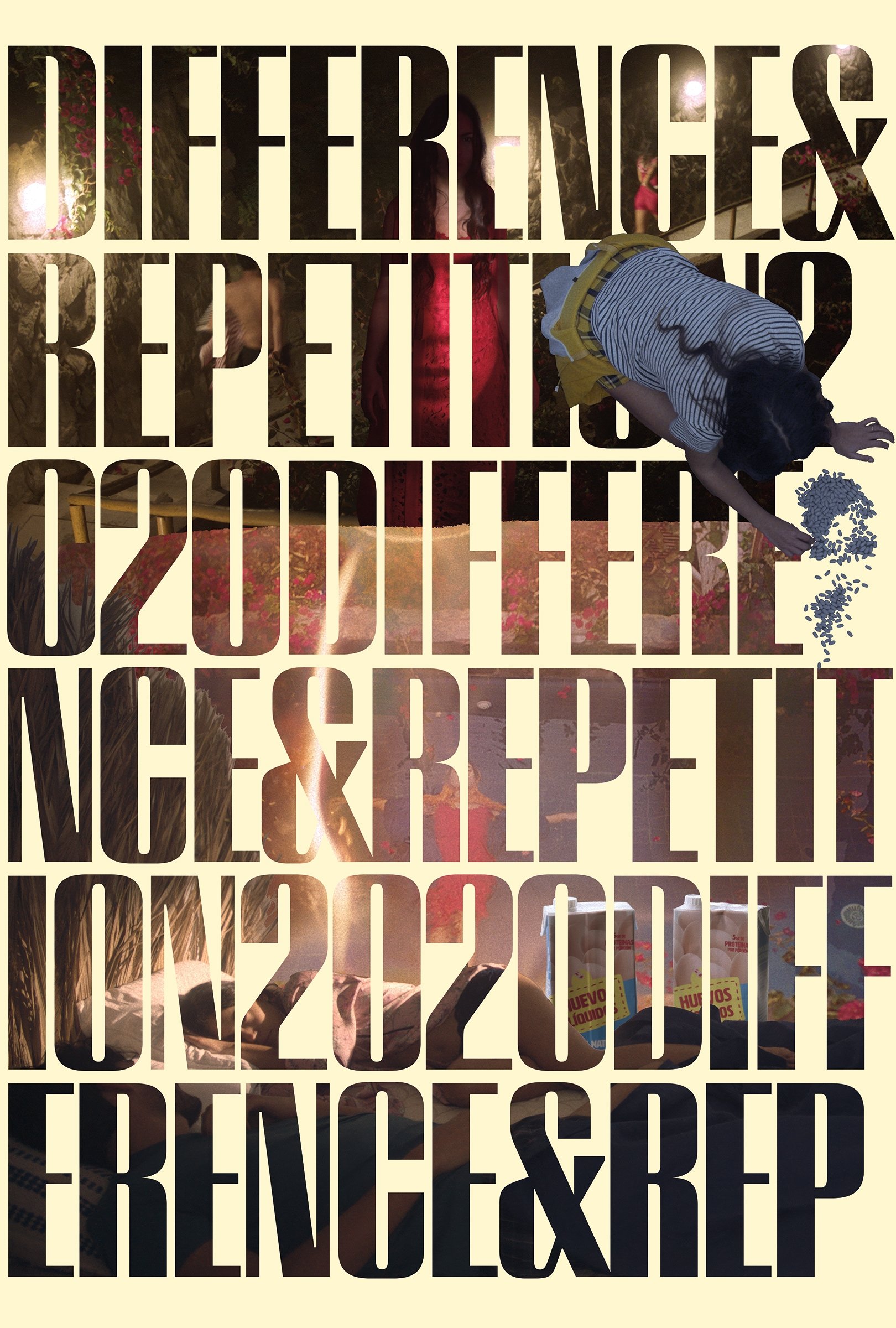
In March 2020, an Argentine woman flees New York with her Peruvian husband for his family’s empty beach house outside of Lima, whereupon an unplanned pregnancy precipitates the destruction of her marriage. In the present, she rips the moments of this narrative from their context, and reconstructs her story to reckon with her profound feeling of loneliness and the experience of time in which it has trapped her.
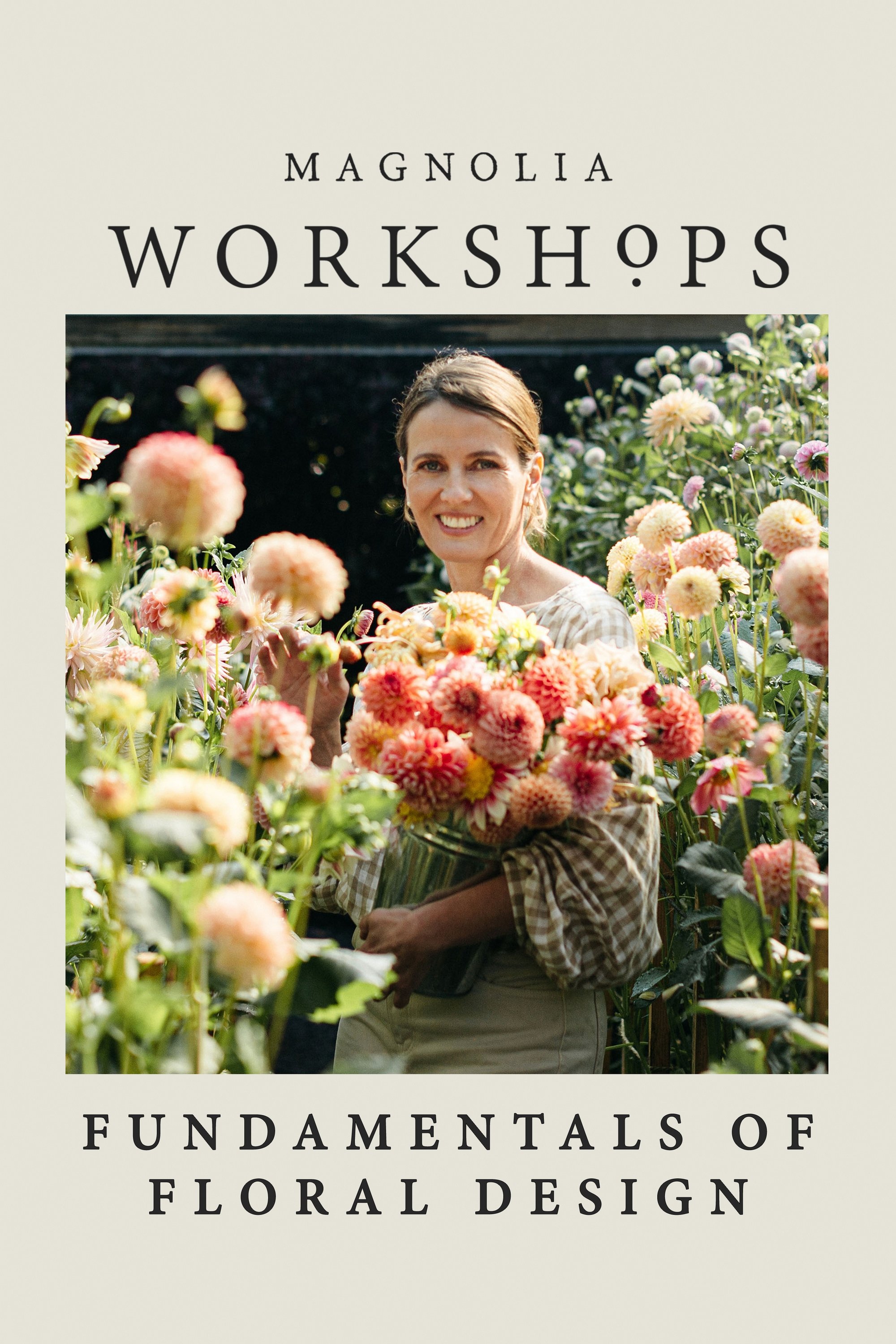
Create beautiful arrangements with floral artist Gabriela Salazar as she guides you through how to bring shape, movement and focal flowers together to make unique arrangements for any occasion.

When a drug to replicate plant cells creates a sentient form of flower, the planet is over taken by flora and humankind is depleted. A Chinese task force, a widowed father and his young daughter fight to survive in a mission to inject an antidote to the core of the plants to reverse their growth.

This documentary series about plants is the first immersive portrayal of an unseen, inter-connected world, full of remarkable new behaviour, emotional stories and surprising heroes in the plant world. Planet Earth from the perspective of plants.
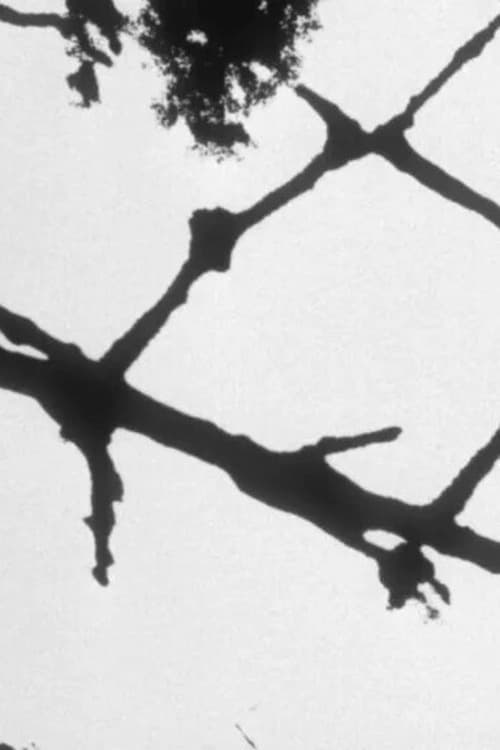
Three filmmakers bring back images of the forest. They are reworked and destructured with the means of the photochemical laboratory. BOSCO is a visual breakthrough punctuated by a contrasted and hypnotic black and white.
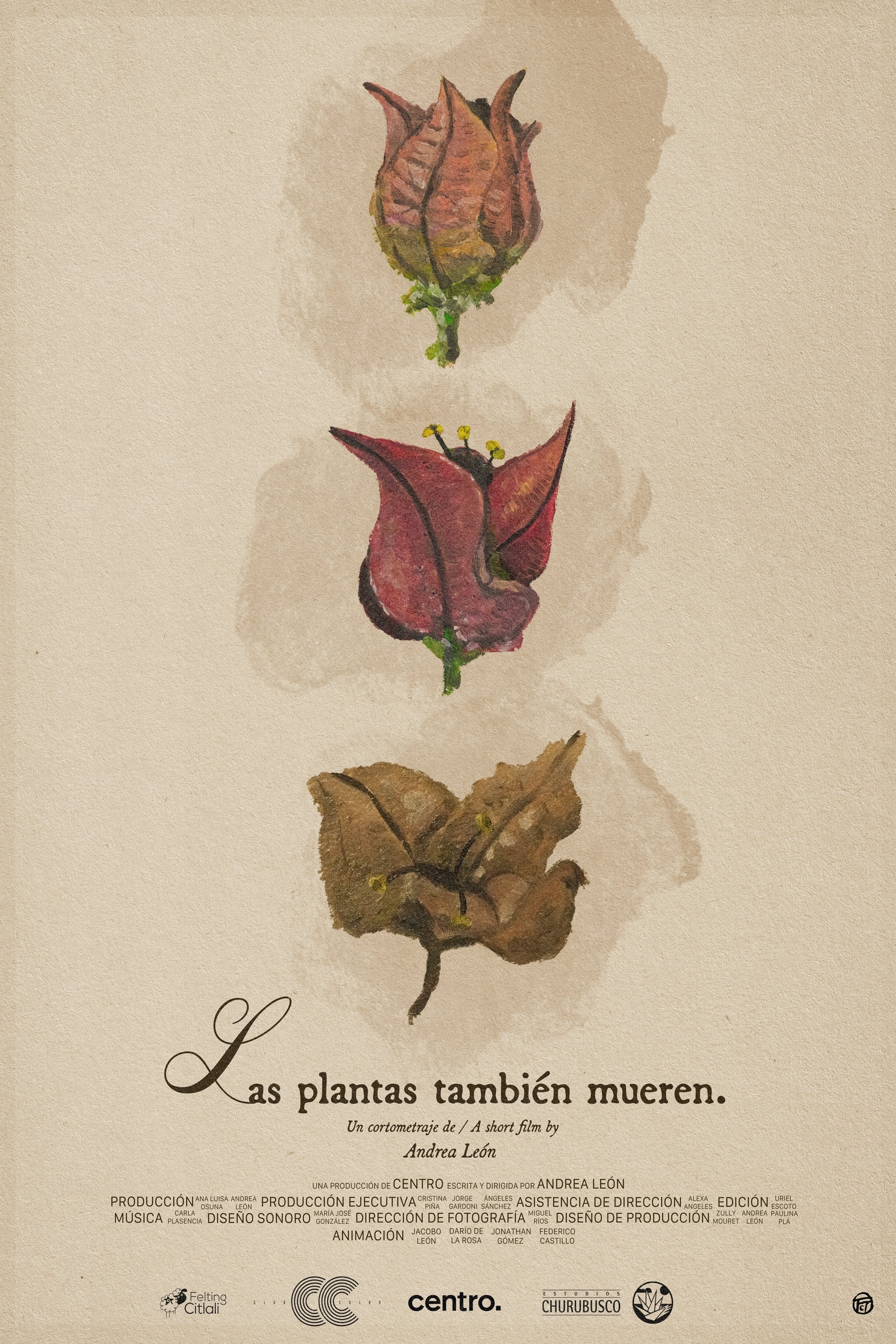
Inside a room full of plants, a woman finds shelter from the outside world. Submerged in delirium, Alba experiences her withering.
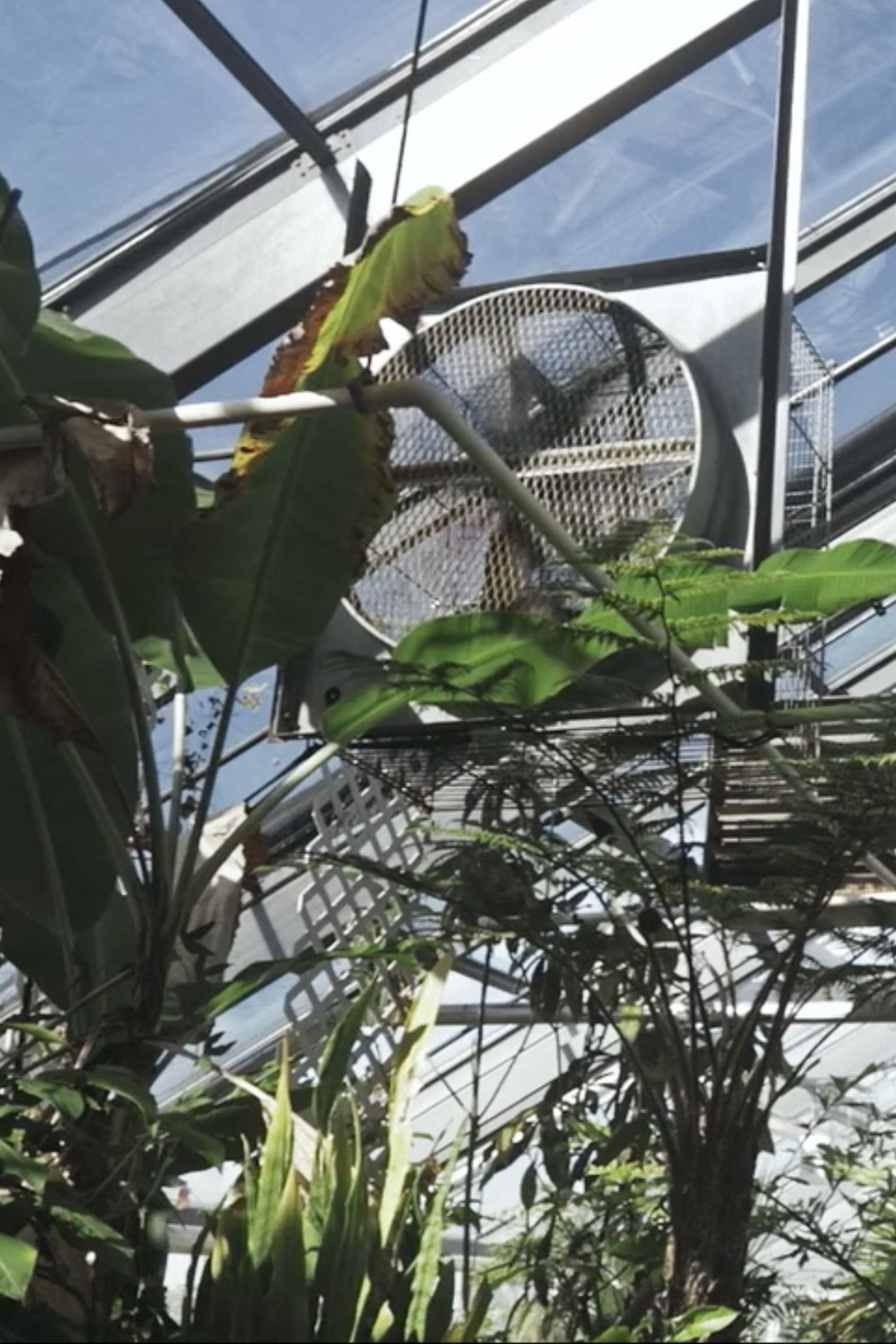
"There are things in this world that are yet to be named" centers around Solanum plastisexum - an Australian tomato whose sexual expression is unpredictable and unstable, challenging even the fluid norms of the plant kingdom. Footage of the team of botanists who recently used their Solanum research to explode notions of sexual normativity in any plant or animal is combined with a voiceover of letters sent between science writer Rachel Carson and her lover Dorothy Freeman. "There are things in this world that are yet to be named" is a meditation on erasure, indefinability, and the intersection of queer and environmental histories.
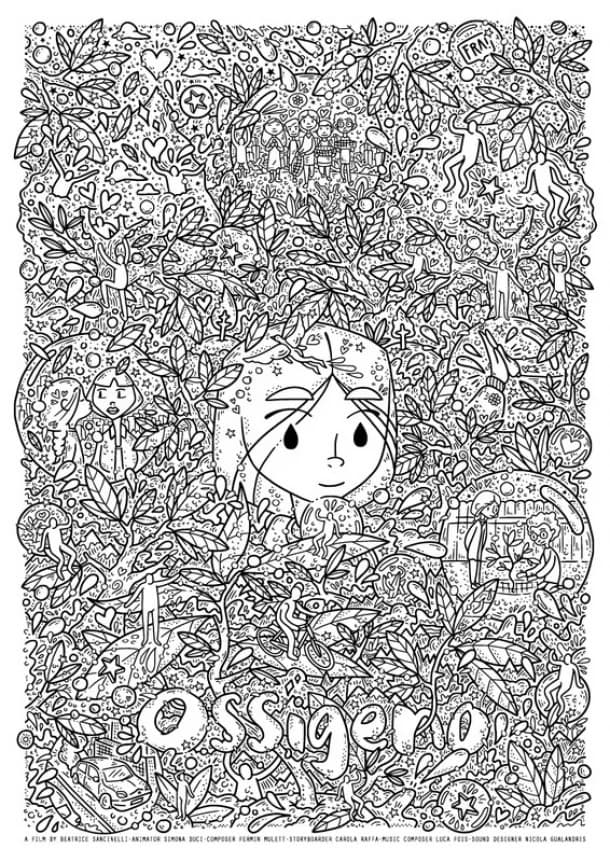
Lena is nine-year-old. One day, she spontaneously makes an act of love that will change her life. She will take care of a plant. An action so simple yet unusual that nowadays only children could instinctively do. Will this revolutionary gesture change the future of our world? In a blurry society made by technological progress and innovation, can a simple action become a revolution?
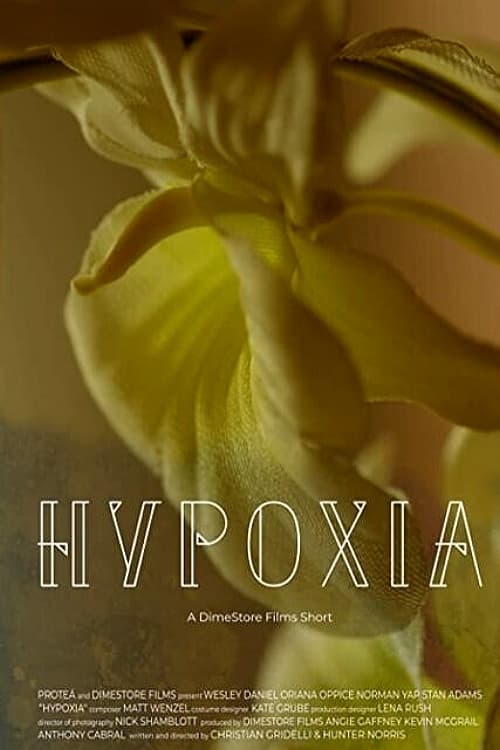
On a dystopian island, where the government has banned organic plant life, a man with an artificial flower shop grows real plants in secret, cultivating their surreal properties, trying to breathe some air into the smothering environment.
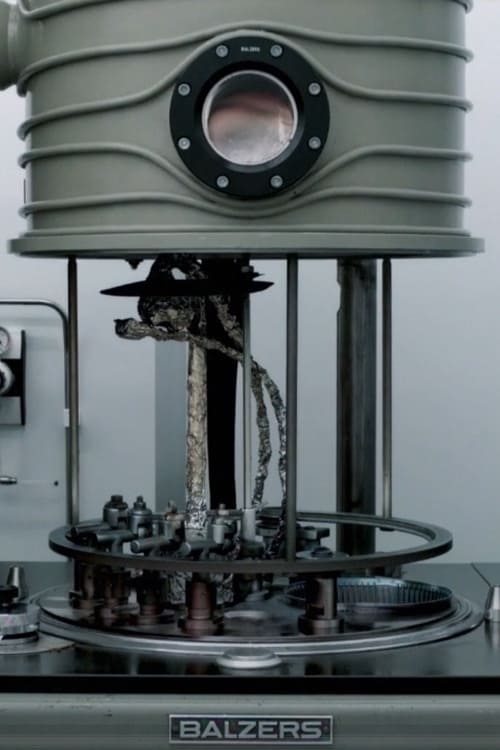
This experimental film follows the work of two scientists who test a new device that uses specialized circuitry to transfer data between computer networks and living plants. Neither science nor fiction, this documentary highlights the human labor of scientific procedures, attentive to the future they are producing – in which humans will disappear.
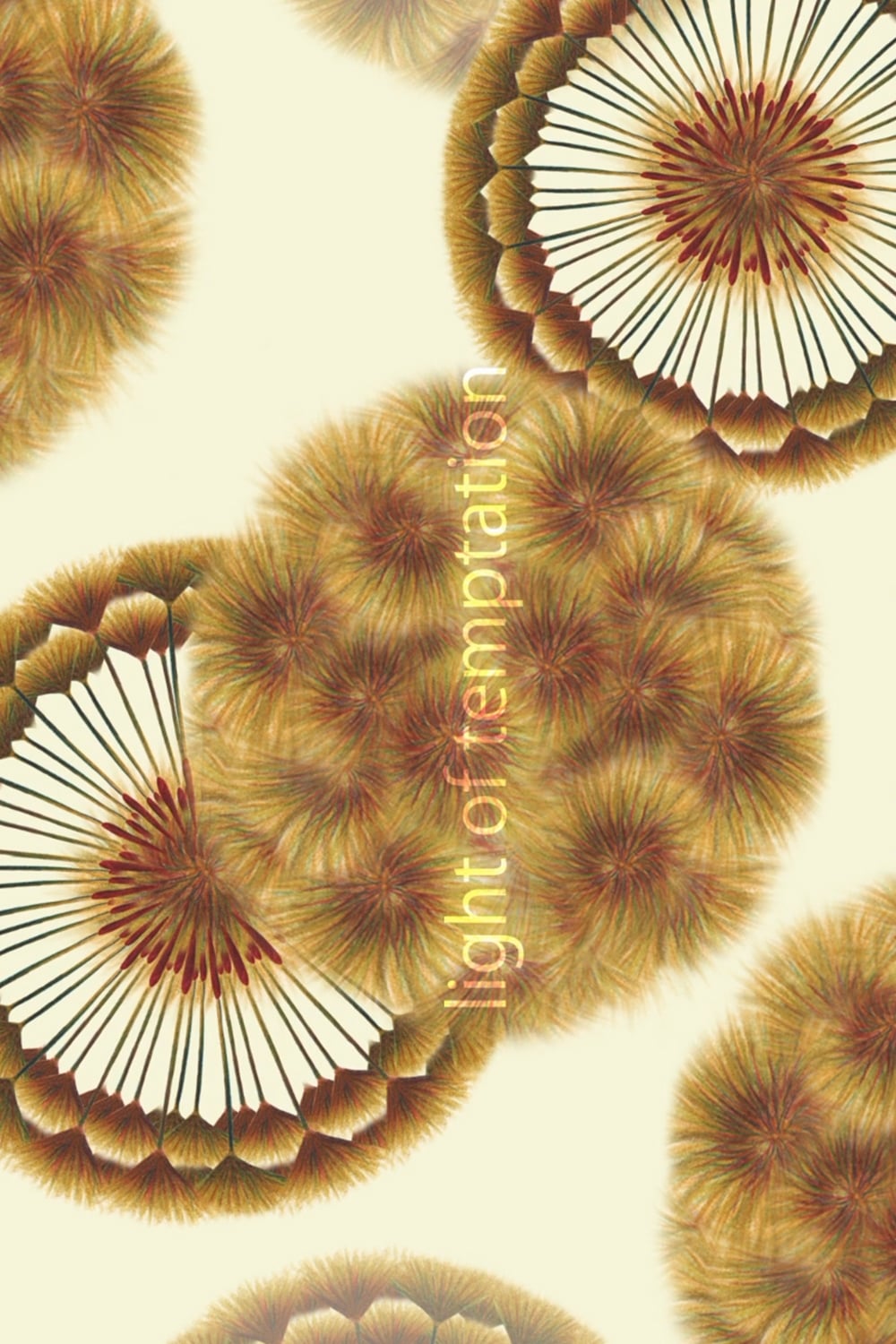
The angel of wind exhales, sending fluffy dandelion seeds into a slow dance. Wind and light guide the downy seeds into the magical world of botany.

Wild Flowers Plants of Palestine follows journeys of observational tours solicited by the Palestinian Museum and conducted by two professors from Birzeit University to collect photos of and information on the Palestinian Flora. The title is adapted from a collection of 123 images (circa 1900 to 1920) of wild flowers in Palestine found in the Matson Collection in the Library of Congress. Despite the tendency to trace the wild plants, the text in general aims at questioning the territorial extension of what is meant by the term “Palestinian”, while standing on insignificant topographical features of the (postcolonial) landscape in West Bank. Furthermore, it addresses photography as a practice and a tool of distributing and restricting information at once.
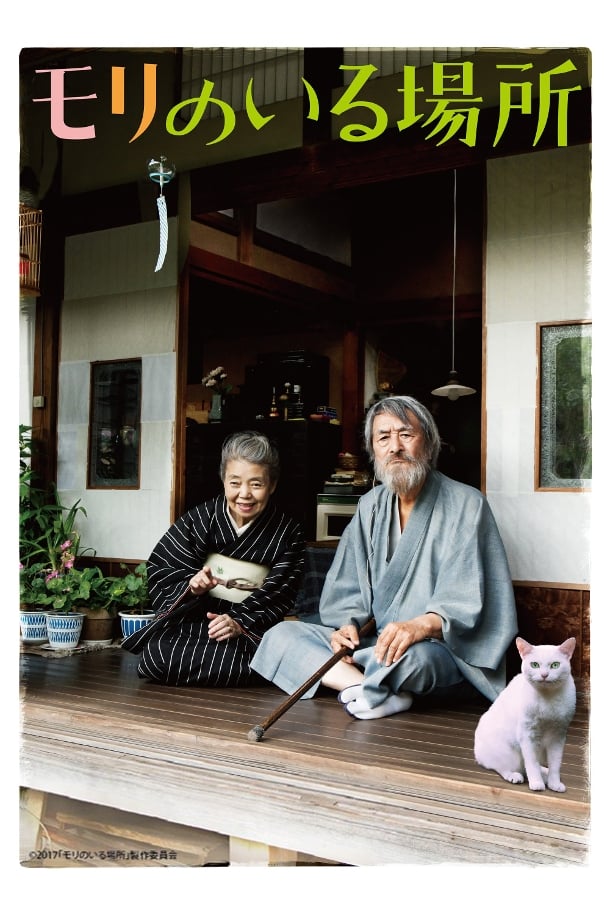
Vegetation thrives in painter Morikazu's garden, which is home to creatures that serve as models for his paintings, including numerous bugs and cats. A sweet and heartwarming day begins for Morikazu, who gazed at these garden creatures on a daily basis for over three decades, and those who love him.
This informative PBS gardening how-to documentary series covers the United States visiting beautiful public and private gardens and resorts, providing helpful advice and tips along the way.
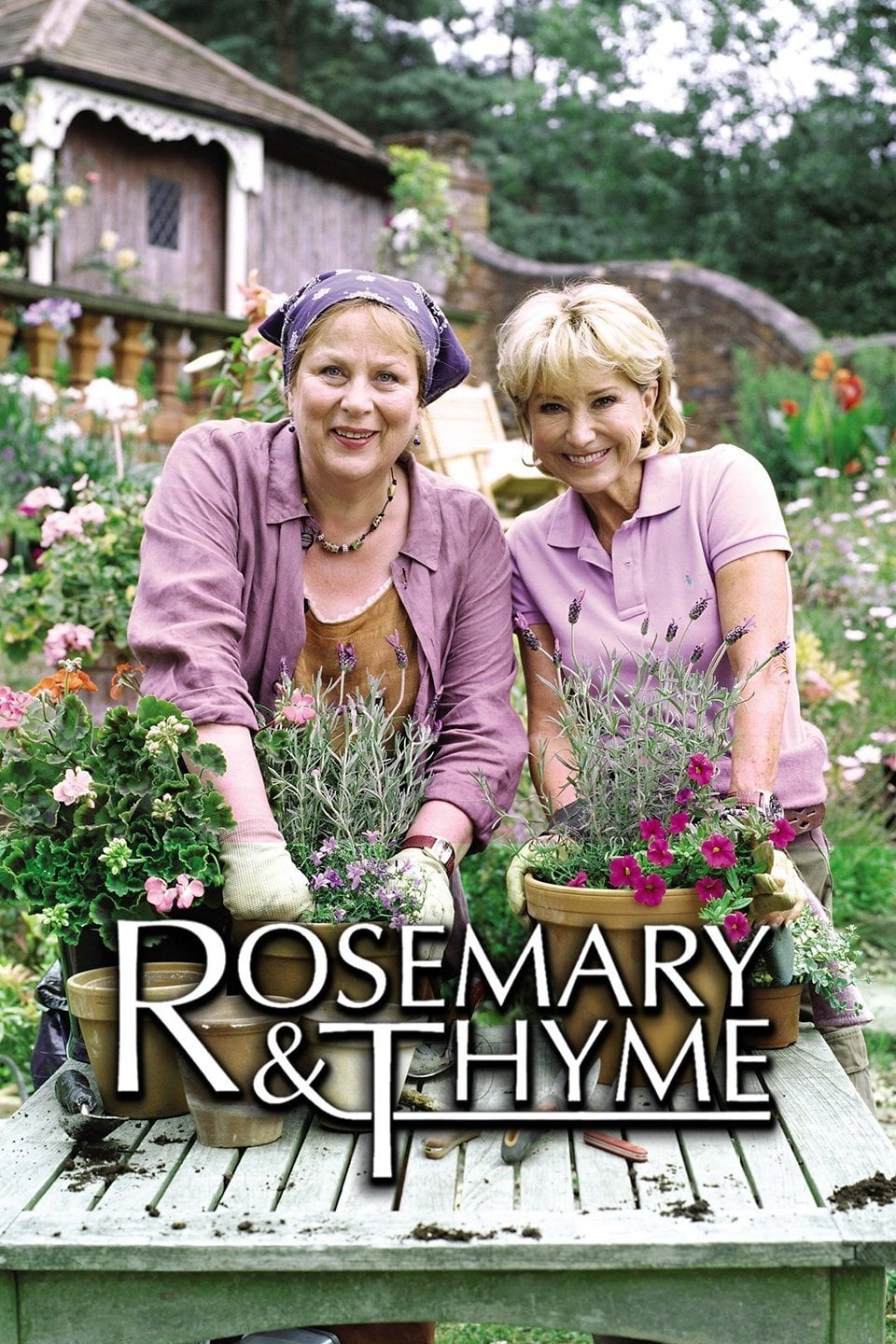
Brought together by professional and personal heartache, two plucky ladies plant the seeds for a brighter future. Rosemary Boxer, with a doctorate in plant pathology, and Laura Thyme, a former police constable and avid gardener, discover their shared love of green-thumbness and start a gardening business. As they restore various English gardens back to their lavish states, the inquisitive pair also find themselves uncovering an assortment of mysteries.

How and why what we eat is the cause of the chronic diseases that are killing us, and changing what we eat can save our lives one bite at a time.

Hand processed expired Kodak 7291, Camera: Beaulieu R16, Lens: Angenieux 12-120mm with +3 Diopter, Polarising filter for the clouds. Hand processed in C-41 chem using a Lomo UPB-1A tank. Still haven't mastered removal of the rem-jet anti-halation layer (thats all the white 'static' on the film). The film expired about 40 years ago.
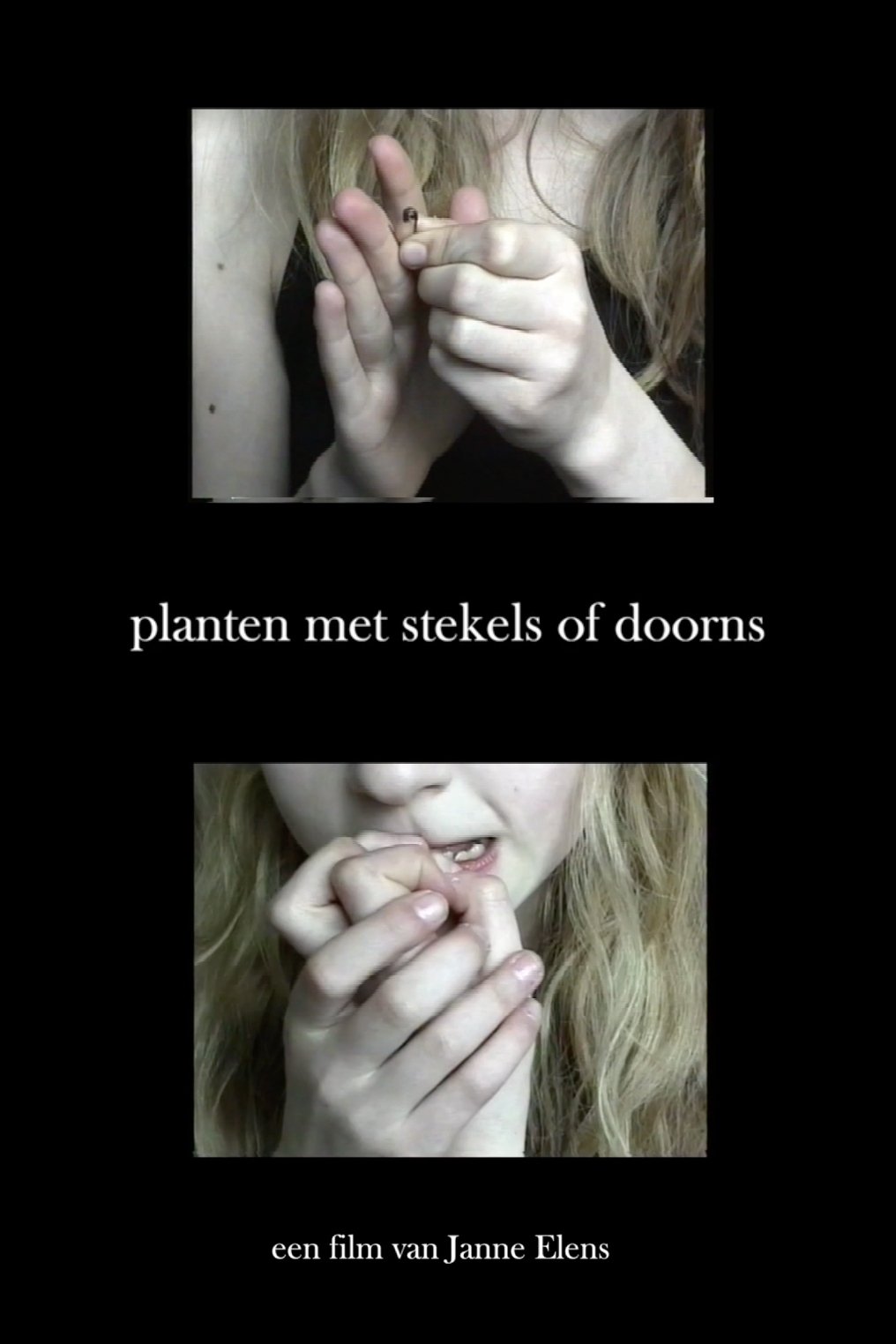
An experimental short film about sensory seeking behaviour in childhood. Filmed on VHS.
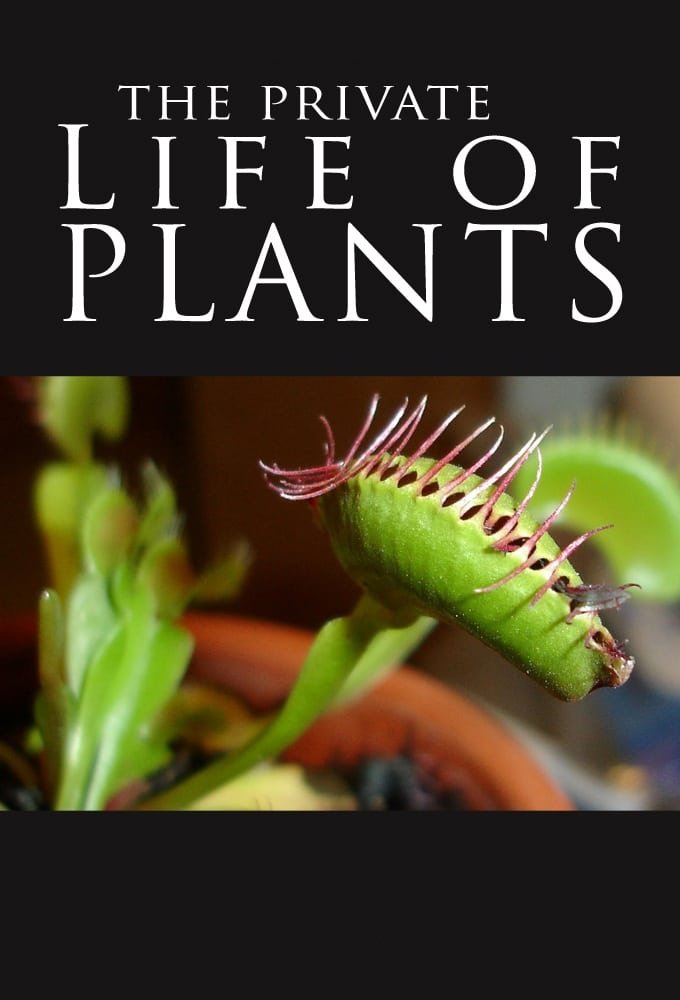
Without plants, there would be no food, no animals of any sort, no life on earth at all. Yet for most of the time their lives remain a secret to us, hidden, private events.The reason is merely a difference of time. Plants live on a different time-scale from ours. Though not obviously to the naked eye, they are constantly on the move: developing, fighting, avoiding or exploiting predators or neighbours, struggling to find food, to increase their territories, to reproduce themselves, to find and hold a place in the sun. We only need to learn to look.
By browsing this website, you accept our cookies policy.